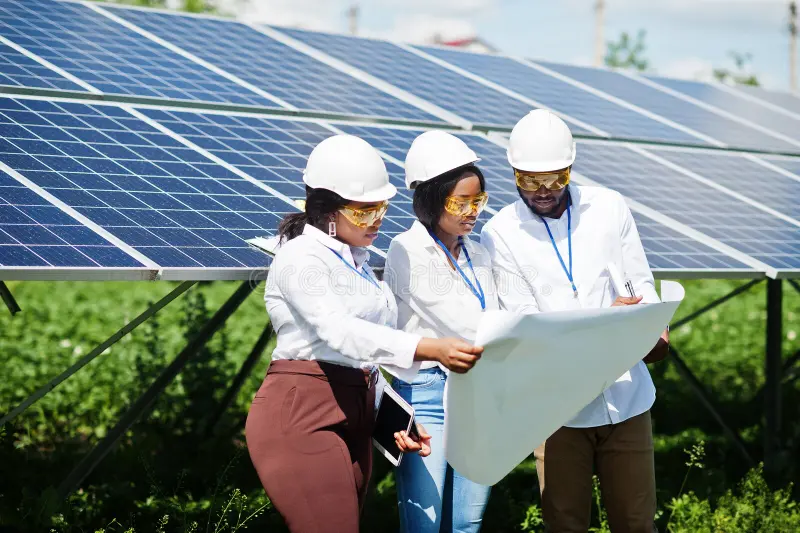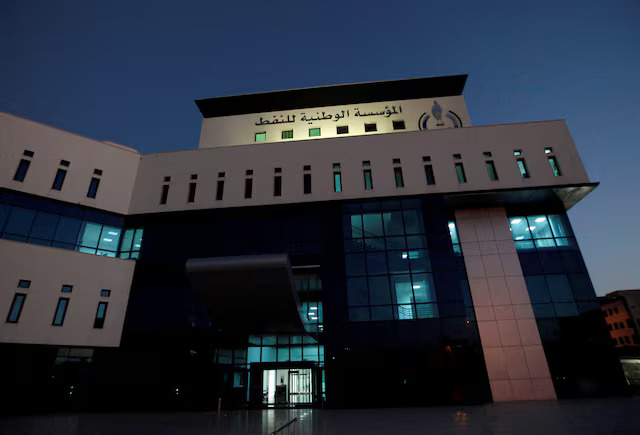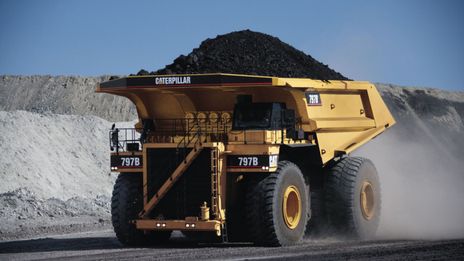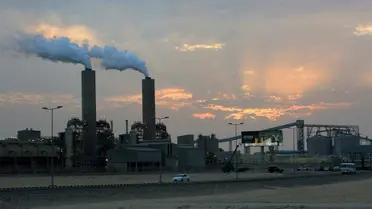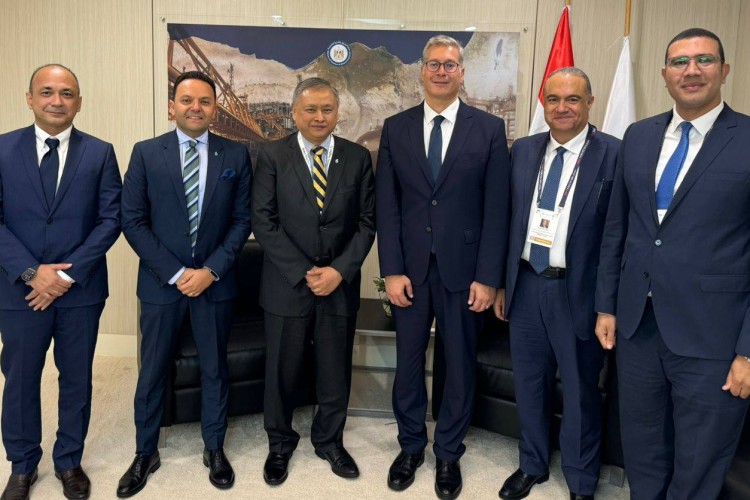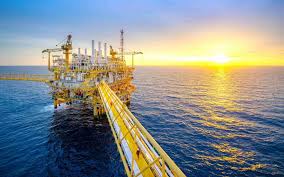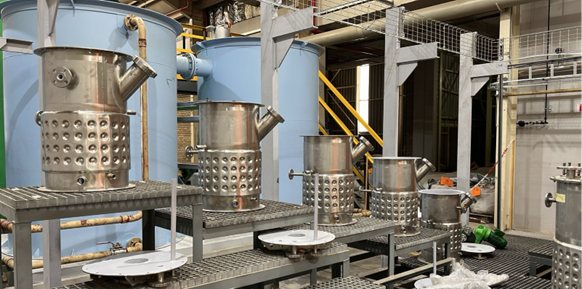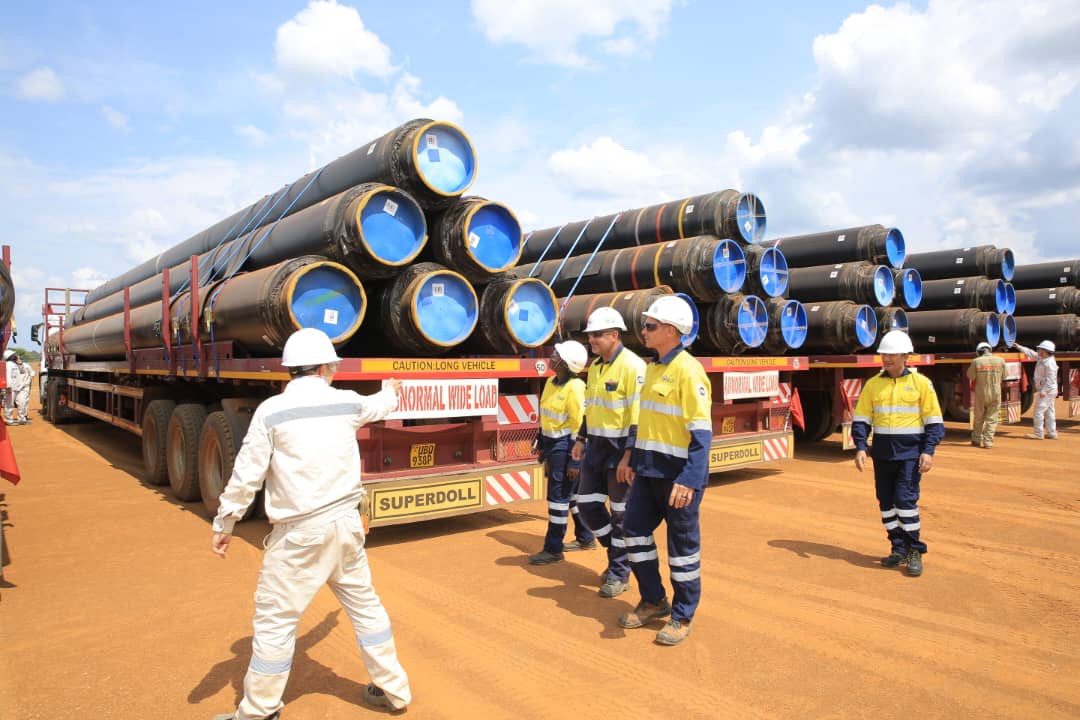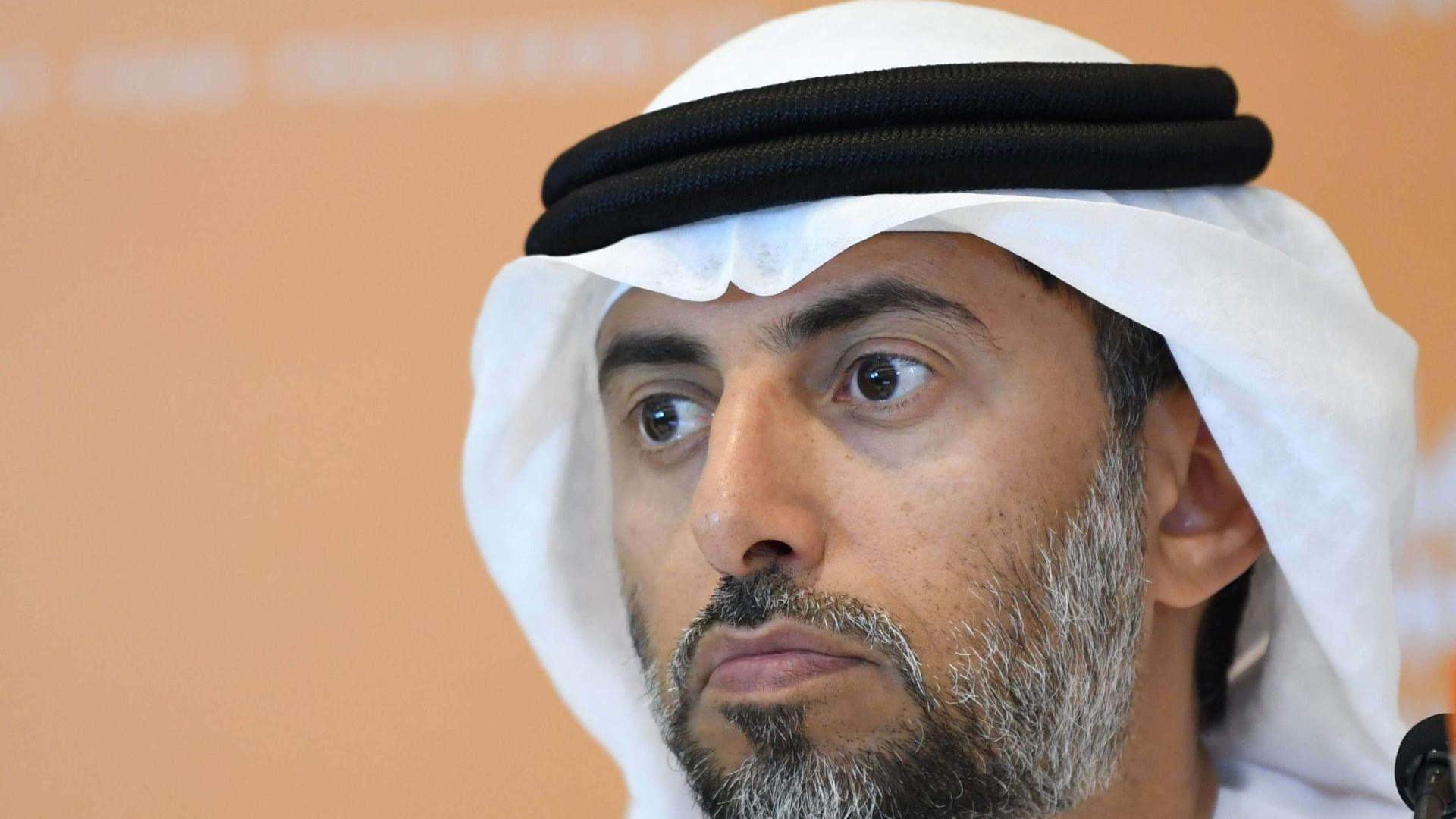Distribution

The agreements for the construction of the Nigeria-Morocco gas pipeline will begin to be signed in 2025
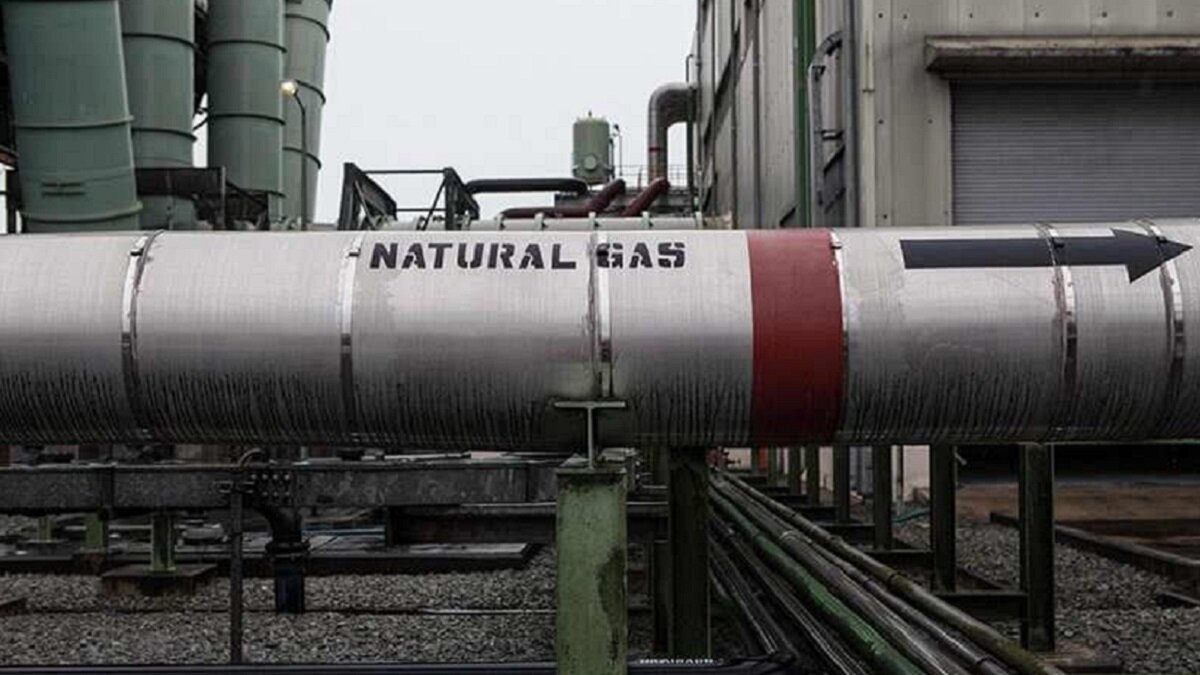
The beginning of this project, known as the Nigeria-Morocco Atlantic African Gas Pipeline, dates back to 2016, in a meeting held between the King of Morocco, Mohammed VI, and the then President of Nigeria, Muhammadu Buhari, during the former's official visit to Abuja.
The final investment decision was initially scheduled for 2023, but has been postponed until 2025 and will be carried out by a private company created specifically to manage the construction, operation and maintenance of the pipeline. The need for more in-depth studies and the complications of an operation that involves reaching agreements between the various regulatory authorities of the countries through which the pipeline will pass have made it necessary to postpone the start date.
Start of the project
According to the Moroccan National Office of Hydrocarbons and Mines (ONHYM), the specific tenders for the transport of gas and the agreements for the construction of the pipeline will be signed in 2025. In addition, a company dedicated to the supervision of the works, as well as the operation and maintenance operations, will be set up.
Initial financing for the project was provided by the Islamic Development Bank and the OPEC Fund for International Development. Subsequently, the Economic Community of East African States decided to become a partner in a project which, from a geostrategic point of view, is an additional energy supply alternative.
Also, the Nigerian National Petroleum Company (NNPC) announced that it is in a very good place to implement the project that would link Nigeria and Morocco. And, according to the Moroccan Hydrocarbon Office, the strategic project will contribute to the acceleration of the electrification process and guarantee access to energy.
The pipeline will stretch over 5,600 kilometres and is expected to pass through Benin, Togo, Ghana, Ivory Coast, Sierra Leone, Guinea, Guinea-Bissau, Gambia, Senegal and Mauritania before reaching Morocco, also connecting landlocked countries such as Niger, Burkina Faso and Mali.
In terms of capacity, the maximum planned is 30 billion cubic metres of gas per year. The first phase of this project will include Morocco, Mauritania and Senegal.
In June 2023, the National Bureau of Hydrocarbons and Mines signed four Memoranda of Understanding with the Nigerian National Petroleum Corporation and oil operators in four countries, including the Republic of Guinea, Benin, Liberia and Côte d'Ivoire. In addition, other countries also signed MoUs with Morocco and Nigeria. This reflects the countries' shared commitment to the realisation of the strategic energy project.



